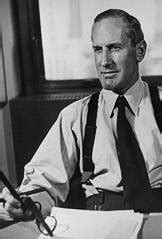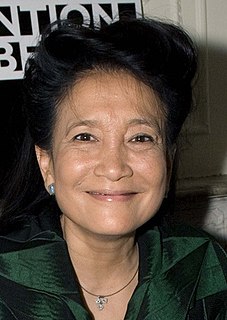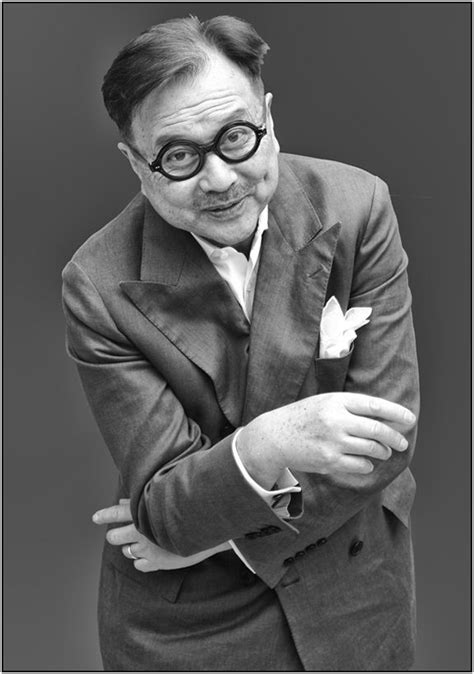A Quote by Robert Morgan
Pound's translation of Chinese poetry was maybe the most important thing I read. Eliot a little bit later.
Related Quotes
Pound was silly, bumptious, extravagantly generous, annoying, exhibitionistic; Eliot was sensible, cautious, retiring, soothing, shy. Though Pound wrote some brilliant passages, on the whole he was a failure as a poet (sometimes even in his own estimation); Eliot went from success to success and is still quoted--and misquoted--by thousands of people who have never read him. Both men were expatriates by choice, but Eliot renounced his American citizenship and did his best to become assimilated with his fellow British subjects, while Pound always remained an American in exile.
The true essence of Chinese culture is sophistication, refinement, the spirit of poetry. The spirit of ink painting and calligraphy lives on forever. Calligraphy is more important than painting. Chinese always consider nature. Man is a very small part of nature. That's why in Chinese painting you see huge mountains and man very small, very humble before nature. You must be harmonious and one with nature. You don't fight it. And then there's a bit of a poetry. Of course, it's very complicated, but also very simple.
Every poet gets to choose what kind of community he or she serves with the poems, and it's true that there is a community for very difficult, challenging poetry. It's a community that's established itself over the last 80 years, that was originally, in effect, really started by T. S. Eliot and Ezra Pound. They believed that poetry ought to contain learning, that it ought to rise upon all the learning that went before.
Sometimes he would advise me to read poetry, and would send me in his letters quantities of verses and whole poems, which he wrote from memory. 'Read poetry,' he wrote: 'poetry makes men better.' How often, in my later life, I realized the truth of this remark of his! Read poetry: it makes men better.






































